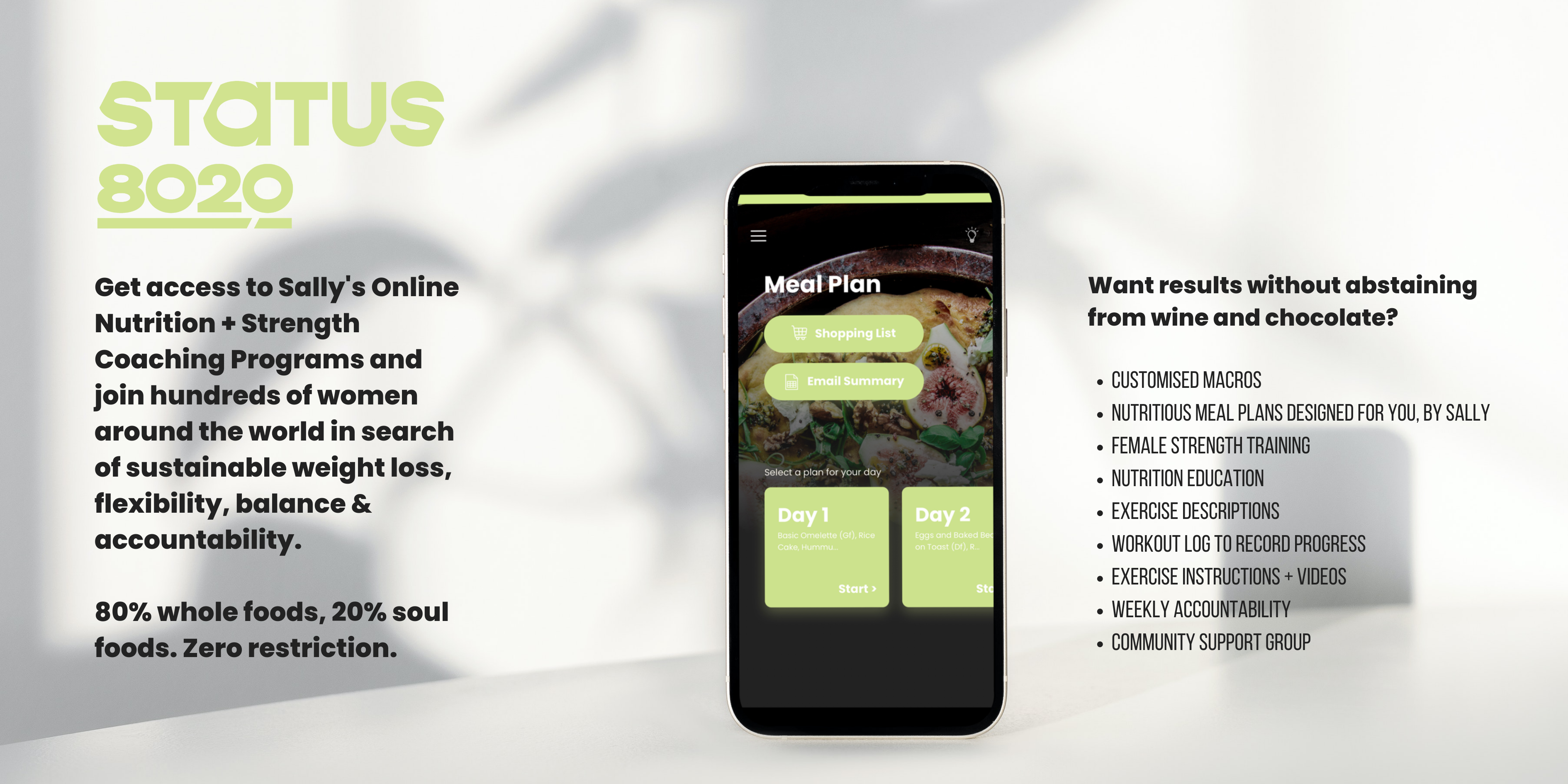We typically associate eating well with long-term gains like weight loss and an increased lifespan – but did you know that a healthy diet provides short-term benefits, too?

From boosting your mood to giving you the energy you need to get things done, adding diversity to your menu might just be one of the smartest things you do this year.
If you’re wondering how to step up your productivity game and have already tried things like goal setting and delegating, the answer might be in your brekky bowl.
How healthy eating boosts productivity
Studies have shown that a healthy diet can make you happier, more creative and more engaged at work. Here are the body-boosting benefits associated with a clean, varied diet:
- Improved energy, concentration and alertness
- Improved mood & mental health, leading to better social skills
- Improved immunity, warding off against illness and absenteeism
- Helps maintain a healthy weight, reducing the risk of fatigue
- Improved sleep, contributing to all of the above!
Okay, so there’s a whole lot of perks to eating healthy – but how do we actually do it? It’s actually pretty simple.
How to eat well
To begin, we’ll start with the basics. Here are 8 easy steps to healthy eating:
- Make breakfast your biggest meal of the day
- Eat at least 3-5 serves of fruit and veggies daily
- Eat (non deep-fried) fish 2 times a week
- Cut down on refined sugar, salt, saturated fats and carbohydrates
- Drink at least 2 litres of water daily
- Eat regular meals
- Enjoy small, healthy snacks in between meals to maintain blood sugar levels if you tend to get hungry.
- Mix it up – use different ingredients regularly to get the most nutrients possible.
Once you’ve got these eight steps covered, there are some other key nutrients you might want to look out for. It’s also advisable to see your doc to learn more about whether you are deficient in any nutrients.
Probiotics & prebiotics
Probiotics are live good bacteria that colonise the gut. They are vital for good health and can be taken in pill form or found in fermented foods and drinks. Prebiotics are a non-digestible fibre which can be found in beans, garlic, apple skins and more. They are transported to the gut and broken down into food for the good bacteria, helping to sustain them.
Magnesium
Magnesium is found in avocado, leafy greens, cocoa, salmon, figs and more. Magnesium helps ease muscle tension and may relieve anxiety and stress.
READ MORE: The Magic Mineral - Why you should be supplementing with Magnesium.
Phenylalanine
Phenylalanine can be found in fish, dairy, almonds, eggs and meats. It helps to promote balanced cognitive and neural functioning and helps to regulate mood.
B-vitamins
B-vitamins are essential for energy production, concentration, healthy brain & nerve function, and a quick reaction time, amongst other things. You can get them from leafy greens, meats, eggs, dairy, whole grains and legumes. A meal that combines chicken with a garden salad is, therefore, a great way to get your daily B-vitamins.
Vitamin E
Getting enough vitamin E in your diet is vital for maintaining good immunity and reducing inflammation. This can help you stay healthy and limit the amount of sick days you take from work. It’s found in legumes, oils and green leafy veggies.
Chromium
The mineral chromium is essential for regulating your appetite and curbing sugar cravings. It’s often used in weight loss supplements for these reasons. Add it to your diet by nibbling on Brazil nuts, eggs, pears and oysters – chromium is sure to help you stay on task!
Iron
Iron is a big player in the energy department, having a key role in the formation of red blood cells and transporting oxygen throughout the body. Even a minor deficiency can have negative effects on your energy levels, circulation and metabolism. So if you’ve been feeling fatigued lately or suffer from frequent headaches or migraines, you might want to get your iron levels checked. Iron is found in leafy greens, red meat, fish and broccoli.
Zinc
Zinc affects more than 100 enzymes which are responsible for regulating metabolism. While zinc is vital for brain functioning, gene expression, fertility and boosting immunity, it’s most known for being vital for growth, energy and protein synthesis – meaning if you’re feeling lethargic or find your wounds take a long time to heal, you might need more zinc. You can add it to your menu by buying legumes, meat, seeds, oats and oysters.
How to encourage healthy eating in the workplace
There are plenty of easy ways to promote a nutritious diet at work. This will have flow-on effects such as improved performance and productivity, boosted morale and client satisfaction. Here’s what you can do to encourage a nutritious and balanced diet at work:

Improve accessibility
Stocking your work kitchen with an abundance of fresh fruit, skim milk, soups and whole grain bread is a simple and effective way to make eating healthy easy. It also makes it more likely that your co-workers will grab a salad from the kitchen instead of a burger from down the street – it’s just more convenient! The office should also have a filtered water cooler to prevent dehydration or staff drinking solely soft drink.
Provide healthy catering
Ask your boss if you can order nutritious sandwiches, sushi and rice paper rolls at your next work function instead of donuts and pizza. This can help to normalise healthy eating in the workplace.
Raise awareness
You can create leaflets, posters and emails informing staff about the importance of a balanced diet. This is a simple way to increase awareness in a positive, easy-going way. Another option is to organise fun, community-based activities like healthy cook-offs and workshops, and offer incentives like awards or money.
Summary
A balanced, varied diet provides more benefits than just reducing the risk of long-term disease and illness. Eating well can have huge impacts on our productivity and performance, helping us achieve our goals and feel great about life.
There are many things you can do to improve your diet and to facilitate healthy eating at work. Consider speaking to your boss about how you might implement it.


I tried eating well for a week now – that means no simple carbs, sugar, fast-food – and I have never felt better in my life. Drinking plenty of water instead of sugared drinks was torture initially but once I got used to it, it is kinda enjoyable. I’m feeling young again! Thanks for the inspiration.
AMAZING! So pleased to hear it
A great diet is a really important part of your lifestyle. If you don’t eat well, every part of your life is affected. Especially your efficiency at work. This is a very important post with some really solid advice. Keep up the great work 🙂